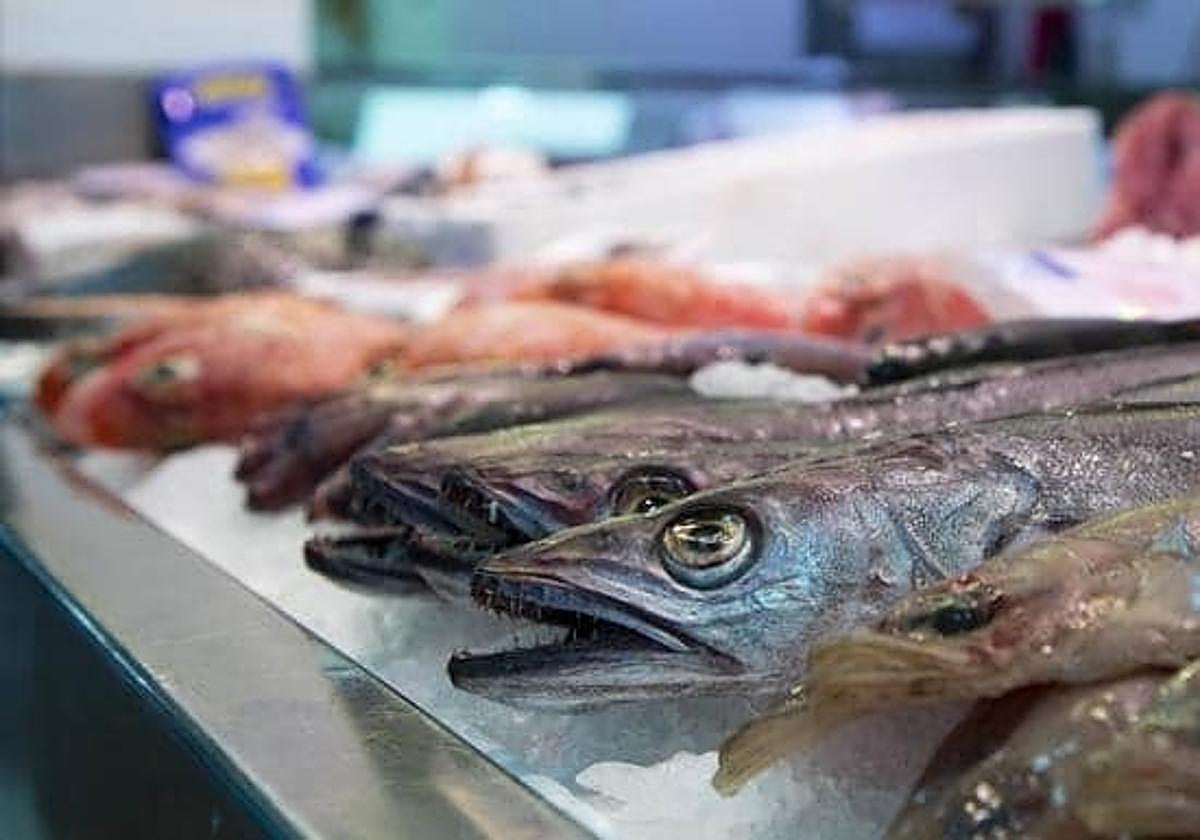Fish product from Morocco destined for the market in Spain withdrawn
The EU's Rapid Alert System for Food and Feed (Rasff) has warned of the presence of the anisakis parasite
Friday, 24 May 2024, 16:47
The EU's Rapid Alert System for Food and Feed (Rasff) has issued a new food alert for the presence of anisakis in fish from Morocco destined for the market in Spain. Specifically, it concerns hake roe contaminated with the parasite.
The alert, published at a European level, indicated that the infected fish product was detected at a border control in Spain and the shipment was stopped. Even so, the Rasff has qualified the risk of the alert as "serious".
Rasff is a tool designed to rapidly exchange information between national authorities on food-related health risks. When a country in the network discovers a health hazard, it informs the rest of the network about the product concerned and the measures taken to address the risk.
Anisakis, a public health problem
According to the Spanish agency for food safety and nutrition (Aesan), Anisakis "is a parasite that can be found in certain fish products and whose larvae become active in the human digestive system when raw fish or fish that have been prepared without killing the parasite are eaten". According to Aesan, "Human anisakiasis is a public health problem which has been increasing in recent years worldwide, especially in countries with high fish consumption."
This is mainly due to the increased presence of the parasite in the fish caught, the existence of new gastronomic habits consisting in the consumption of raw fish, or fish subjected to preparations that do not kill the parasite, and the availability of better diagnostic techniques.
Anisakiasis is a disease caused by anisakis larvae found in raw or undercooked fish and shellfish. Symptoms of anisakiasis include abdominal pain, nausea, vomiting, diarrhoea and fever. These symptoms usually appear within hours of eating the infected fish or shellfish.
Preventive measures are essential to control the disease. Thus, the guidelines for risk reduction must cover all stages of the food chain, from practices during capture and subsequent handling, technological treatments of processed products, to recommendations aimed at mass catering and the consumer as the final links in the chain where prevention must also be supported. To this end, European Union legislation has established measures to be applied by all operators involved, from production to consumption.
